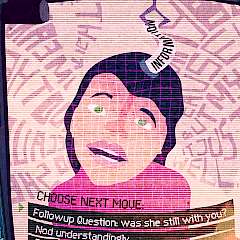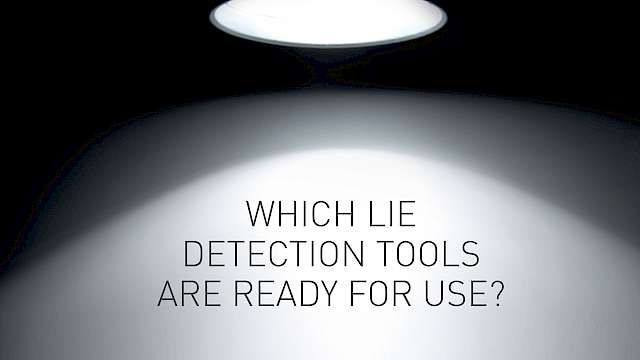It is perhaps easier to describe how memory doesn’t work. It doesn’t work like a video-recorder, it doesn’t work like a hard-drive of a computer, and it definitely doesn’t work like a library filled with shelves securely storing pristine copies of our experiences.
Instead, our memories are mental constructions and reconstructions of experienced past events. As a result, although often reliable, our memories are also fallible. At best, our initial recollections may be incomplete or lacking in detail. At worst, they may be distorted, contaminated or just plain wrong.
For anyone faced with the task of obtaining accurate and detailed information from another person, whether in a formal interview, an informal interaction or other law enforcement or intelligence gathering contexts, understanding a few key features of memory is critical.
Memory is transient
Memory fades over time. We lose access to details and specific information. Put plainly, we forget. After a delay, we might only remember the gist of an experience, a witnessed event or a conversation. Typically, forgetting occurs quite rapidly, making it important to attempt to obtain information about a particular incident or experience as soon as possible.
Memory is suggestible
Our memories for events are easily distorted by information encountered after the event took place. Distortions can range from relatively minor errors (such as a small mistaken detail) through to entirely false memories for events that never took place. Interviewers often inadvertently contaminate memory by asking misleading questions that suggest particular details to the interviewee.
Why ask “Was the man wearing a black coat?” when you can ask “What was the man wearing?”
An easy way to avoid contaminating memory is to use open-ended questions to encourage the interviewee to report information in their own words – based on their own memories. Why ask “Was the man wearing a black coat?” when you can ask “What was the man wearing?”
Memory is social
Memory serves a social function – we share our experiences with others to inform, to build bridges, to entertain. In this way, conversations with others can change the way we remember events.
The way in which this ‘social contagion’ occurs means that we may not detect a discrepancy between our now contaminated memory and our original experience. So, it’s important for an interviewer to determine whether the events reported were experienced first hand or reflect a second-hand tale. This can be particularly important in cultures where collective experience is highly valued. It is also worth determining whether the experience has been discussed with others who may have been present.
Finally, if eliciting information from several individuals who have discussed an incident with each other, bear in mind that consensus may not reflect an accurate account but rather cross-contamination of individual memories within a group.
Memory needs help
Remembering can be a demanding mental task. It requires effort and motivation on behalf of the person doing the remembering. A good interviewer can help support the recollection process in a number of ways.
Allow the interviewee to relax and take time to mentally revisit the original experience, for instance, and use open questions that prompt for further information without suggesting misleading information.
Interviewers can also promote recall in different formats, including through the use of sketches or timelines and by avoiding pressurising closed questioning and interruptions.
But remember, some interviewees may be over-keen to please or more motivated by reward than accuracy – both of which may result in the reporting of erroneous information. Always explicitly give interviewees an opportunity to say they don’t know or simply can’t remember any more information.
Memory is an important source of investigative and security-critical information. As with any source, the careful handling of memory can offset many of the vulnerabilities inherent in the recollection of our past experiences.
Copyright Information
As part of CREST’s commitment to open access research, this text is available under a Creative Commons BY-NC-SA 4.0 licence. Please refer to our Copyright page for full details.








